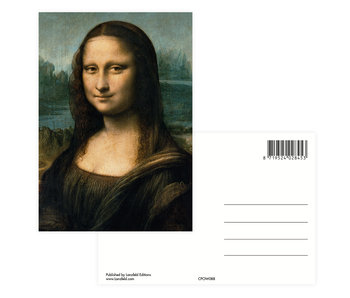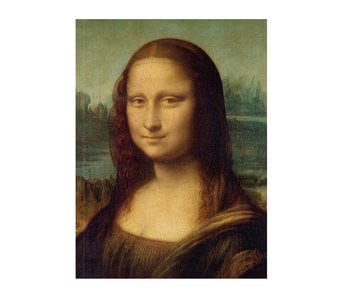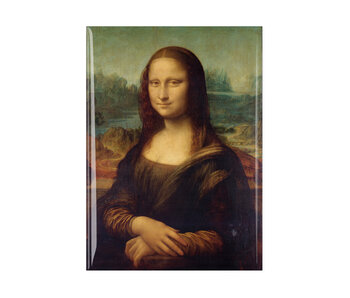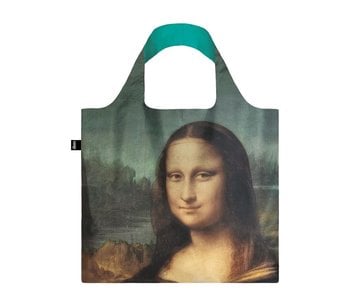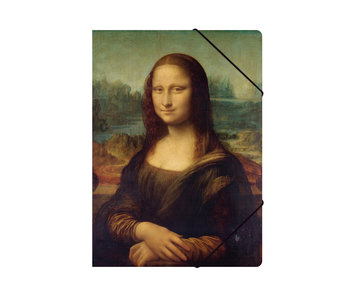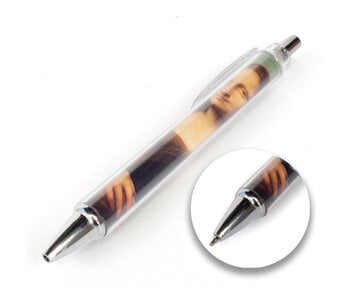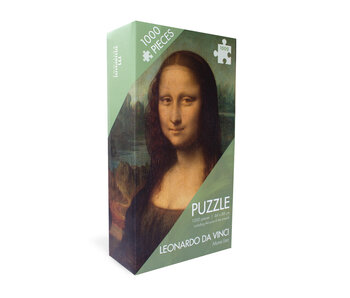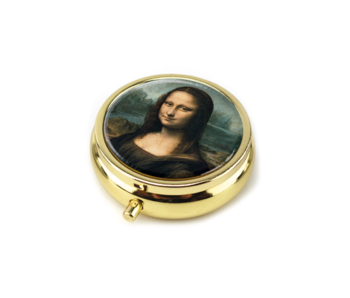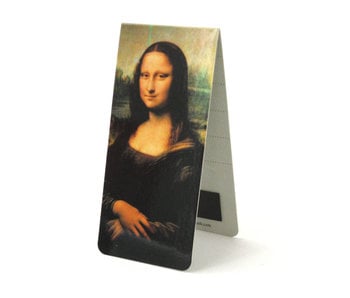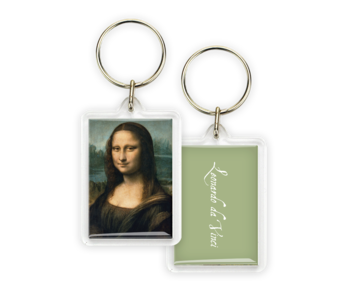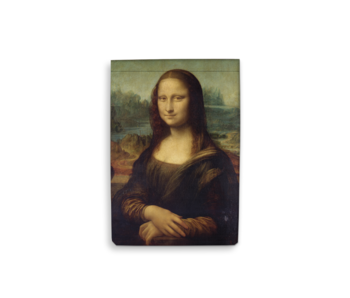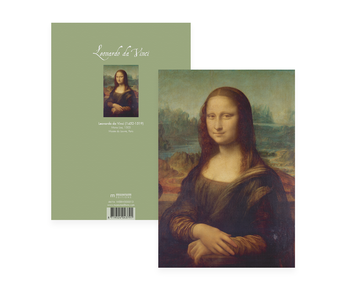One of the world's most intriguing and famous works of art is undoubtedly the Mona Lisa, painted by legendary artist Leonardo da Vinci. Also known as La Gioconda, this portrait has captured the imagination of art lovers, critics and the general public for centuries. In this blog we reveal the fascinating history, artistic significance and mysterious appeal that contributed to this painting's legendary status.
The artist
Leonardo da Vinci, the master behind the Mona Lisa, was not only an extremely talented artist, but also a visionary scientist and inventor. His curiosity and in-depth study of human anatomy, perspective and lighting effects led to the creation of this unparalleled portrait sometime between 1503 and 1506. Da Vinci's ability to capture emotion and depth in the facial features of the Mona Lisa remains unsurpassed and is a testament to his mastery .
The Mona Lisa
The painting shows a woman with a mysterious smile and a piercing gaze, which has been speculated and admired for centuries. Da Vinci's use of sfumato, the subtle blurring of colors and lines, gives the face of the Mona Lisa a vivid and realistic appearance that continues to amaze visitors. The background of the painting, a dreamy and inhospitable landscape, adds an element of mystery and depth to the portrait.
The identity of the woman in the painting has provoked much speculation and research, but the most accepted theory is that she is Lisa Gherardini, the wife of Francesco del Giocondo, a Florentine merchant. This is supported by historical documents and research that indicate the painting was commissioned around 1503, corresponding to Leonardo's return to Florence.



